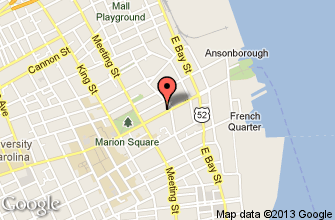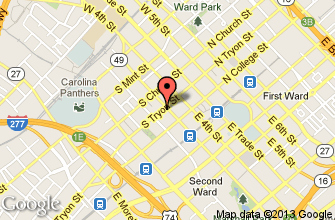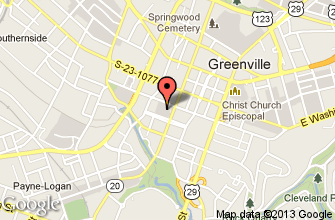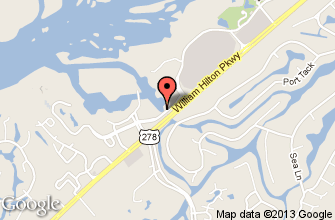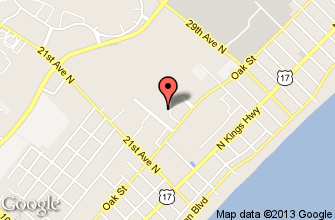News Room
PrintMcNair Intellectual Property Alert: Proper Inventorship Still Matters, Even With a Proper AssignmentMarch 15, 2016
In a few recent cases, we see that failing to properly name inventors in a patent application can lead to unnecessary troubles for a company. This is true whether the assignment document is an employment agreement or an independent contractor agreement. Take the case of Alexander Shukh v. Seagate Technologies, et al. LLC (Fed. Cir. 2015). In this case, the inventor, Mr. Shukh, had previously executed an assignment transferring his rights to his employer, Seagate, through his employment agreement. Therefore, ownership was not an issue and was not contested by Mr. Shukh. What Mr. Shukh complained about is that Seagate failed to list him on six patent applications that eventually matured into patents. He asked the court to correct the patents to add him as an inventor.
Seagate moved to dismiss Mr. Shukh's claims based upon lack of standing. Mr. Shukh countered and alleged that he had an ownership interest, a financial interest and reputational interest in these patents. The District Court stated that Mr. Shukh had no ownership interest or financial interest interest and dismissed these claims early in the litigation. At summary judgment, two years later, the District Court dismissed Mr. Shukh's claim, ruling that he had no standing as to his reputational interest.
On appeal, the Federal Circuit remanded the case back to the District Court and stated that "concrete and particularized reputational injury can give rise to Article III standing" so that Mr. Shukh was dismissed too soon. The Federal Circuit continued by stating, "being considered an inventor of important subject matter is a mark of success in one's field, comparable to being an author of an important scientific paper." In their ruling, the Federal Circuit stated that "the evidence supports the conclusion that Dr. Shukh's reputation as an inventor would have been higher had he been named on the patents."
In this case, there was simply no reason for Seagate to have omitted Dr. Shukh's name from the application, as the ownership issue had been decided with the employment agreement. The omission, which appears to have been an oversight, was part of litigation that extended years and could have been avoided by properly identifying the inventors on the original patent application filings.
In Trireme Medical, LLC v. Angioscore, Inc. (Fed. Cir. 2015), a very recent case dealing with ownership and inventorship, an issue arose when an independent contractor began working on an invention prior to executing an independent contractor agreement. Dr. Lotan was a consultant to Angioscore, Inc. and executed an independent contractor agreement effectively assigning all rights to his inventions, developments, and improvements made during the term of the agreement to Angioscore. The problem was that Dr. Lotan began working on an invention prior to executing the agreement. When Dr. Lotan later assigned his rights to Trireme Medical, LLC, the dispute arose between Trireme Medical and Angioscore over ownership.
The District Court held that Dr. Lotan assigned all his rights to Angioscore so that there was nothing to assign to Trireme and therefore dismissed the case. Further, the District Court found that when Dr. Lotan failed to list the prior invention (the ones developed with Angioscore) on the agreement with Trireme as required, the failure to do so resulted in the material being assigned to Angioscore. The Federal Circuit disagreed and found that there was no language by operation of law or equity that resulted in Angioscore receiving all the intellectual property rights.
Unfortunately, these situations arise more than they should. Consulting with a law firm that can draw on the experience of its employment, contract and intellectual property attorneys to avoid these situations can prevent unnecessary dispute and expenditures of resources. Simply naming an inventor in the case of Seagate or including ex post assignments that cover "pre-agreement inventions" as in the case of Angioscore would have prevented these disputes. Companies should also be mindful that the default rule is "inventors own their own inventions." This default rule can be changed by using proper employment, independent contractor or other agreements.
"No one would claim that an autoworker who builds a car while working in a factory owns that car. But, as noted, patent law has always been different: We have rejected the idea that mere employment is sufficient to vest title to an employee's invention in the employer." Stanford v. Roche, 131 S. Ct. 2188 (2011)

